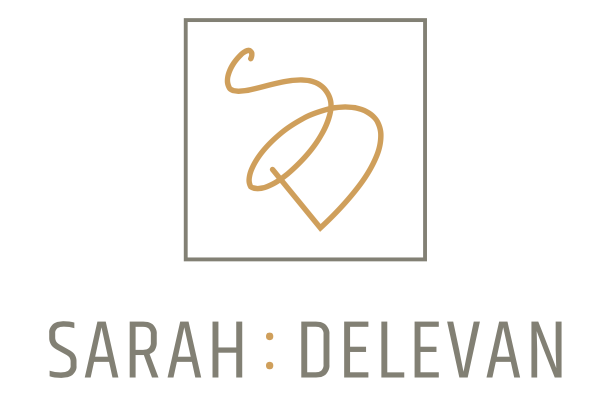Your Financial Reports are meant to summarize your food business financial data and present it to you in a meaningful way.
financial reports should provide value to you, and help you make key strategy + business decisions.
For example, you should easily be able to answer the following just by reviewing your Profit + Loss Statement (aka Income Statement):
Which line of business is bringing in the most revenue?
What does it cost to package + ship your online orders?
What are your total labor costs with taxes, benefits and fees included?
If your Profit + Loss, or Income Statement, isn't providing this type of valuable info about your food business (without having to do side calculations or dig for additional data) you're working with what I call "Basic" financial reports in need of a revamp.
Still not quite sure if your financials are in need of a revamp?
Here are 3 signs that they your food business financials
need a revamp…
#1 - All of your sales are lumped into one line item
Even though you sell online, wholesale and at farmer's markets... if you've got more than one revenue stream you should see individual income data for each of them.
#2 - All of your Cost of Goods Sold are lumped into a single line item
I know you've got more than one COG!
#3 -Your Expenses are shown in a simple list - likely in alphabetical order
Accounting software includes a "standard" list of common business expenses. Categorizing your expenses to fit into this simple list will NOT help you understand how your business is performing and build a profitable business.
Your expenses WILL be unique, and your financial reports need to reflect that.
Does this describe your reports?
The good news is that you have a say in what your financial reports look like, and these things are easy to change!
When your reports are designed for YOUR business and are working FOR YOU, you can count on them to show you how your business is performing, set meaningful goals + get to work on building a profitable food business!
About the Author: Sarah Delevan is a Food Business Financial Coach and Consultant with over 7 years of working in the food industry. She received her MBA from Rollins College and In 2017 she founded Sarah Delevan Consulting based in Los Angeles, CA, serving clients across the United States. She is the creator of the Financial Success Formula and the founder of the Profitable Food Business program. as well as the host of The Good Food CFO Podcast. To learn more about Sarah and opportunities to grow a more profitable food business Click Here.







